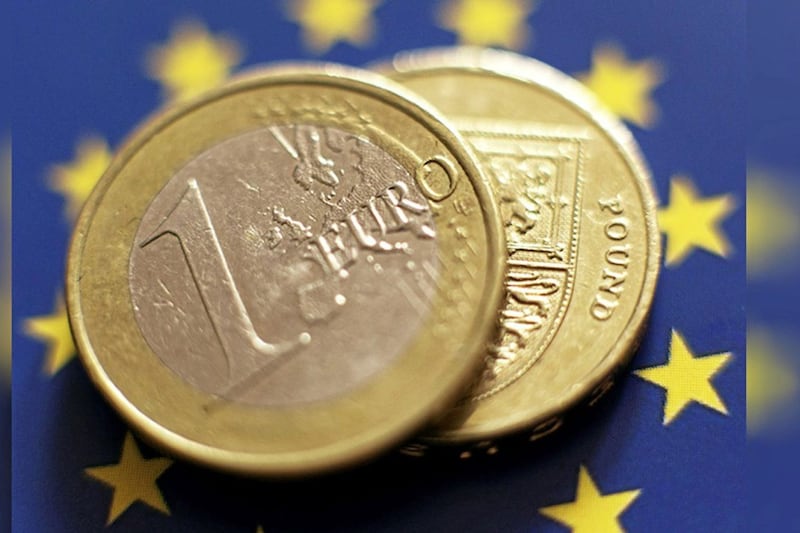Billions of pounds of EU peace-building funds spent in Northern Ireland over the past three decades have exacerbated division rather than improve community relations, a group of leading academics has concluded.
But the body overseeing the PEACE programme has rejected the findings and claimed the multi-institutional research only examined a fraction of the projects it sponsored.
The Special EU Programme Body (SEUPB), which is headed by Gina McIntyre, has insisted that the five funding tranches dating back to the 1990s have had a “profound and lasting impact on fostering and embedding peace” in the region.
It says the academics “did not consult with or seek any views or information from the SEUPB” during their research, meaning the programme managers were unable to “present a broader and more representative evidence base”.
The paper, entitled ‘EU PEACE funding: The policy implementation deficit’, identifies how the funding can be “skewed to support local political interests” and often works “contrary to its objectives”.
The authors conclude that EU funding “can compound rather than ameliorate divisions”.

The SEUPB is one of six cross-border bodies established after the Good Friday Agreement. It co-ordinates EU-funded projects in the north and the Republic’s border region.
Since the mid-1990s, around €3.3bn (£2.8bn) has been spent on, or pledged to, thousands of projects designed to “support peace and prosperity”.
But one of the authors of the critical research has told The Irish News that SEUPB’s delivery model is “too rigid and formulaic” and “often a box-ticking exercise”.
Ulster University’s Professor Paul Carmichael said the benefits of PEACE funding were “perhaps not commensurate with the investment”.
“If you’re being really skeptical or cynical, you might say that had this money not been spent, or been spent on something entirely different, would it have made any difference?” he said.
The research concludes that the EU “may inadvertently be supporting politicians with a populist agenda”, while those assessing the effectiveness of the projects display a “penchant for crude quantitative metrics that accords primacy to narrow accounting measures”.
“There’s a tick box element emphasis in the EU’s funding model where you’ve got to get the requisite number or the proportionate number of Protestants, Catholics and other groups involved, and it can become rather formulaic,” Prof Cramichael said.
“We were concerned that despite the best intentions, it tends to see people in terms of categories rather than as individuals, whereas we were stressing that we want to see the common needs of an area rather than Catholic or Protestant needs.”
A statement from the SEUPB said senior staff disagreed with the research’s conclusions “in the strongest terms”.
It said the academics’ sample size represented “just 2% of the total PEACE IV funding”, and that this was “insufficient information on which to base any significant conclusions”.
“The positive effects of the programme can be seen across the region, from the new shared spaces which are creating a safe and supportive environment for reconciliation and integration, to almost 500 schools involved in delivered shared education programmes, but most importantly it is seen and felt in the lives of over 300,000 citizens who have benefitted directly from the PEACE IV programme,” the statement said.








